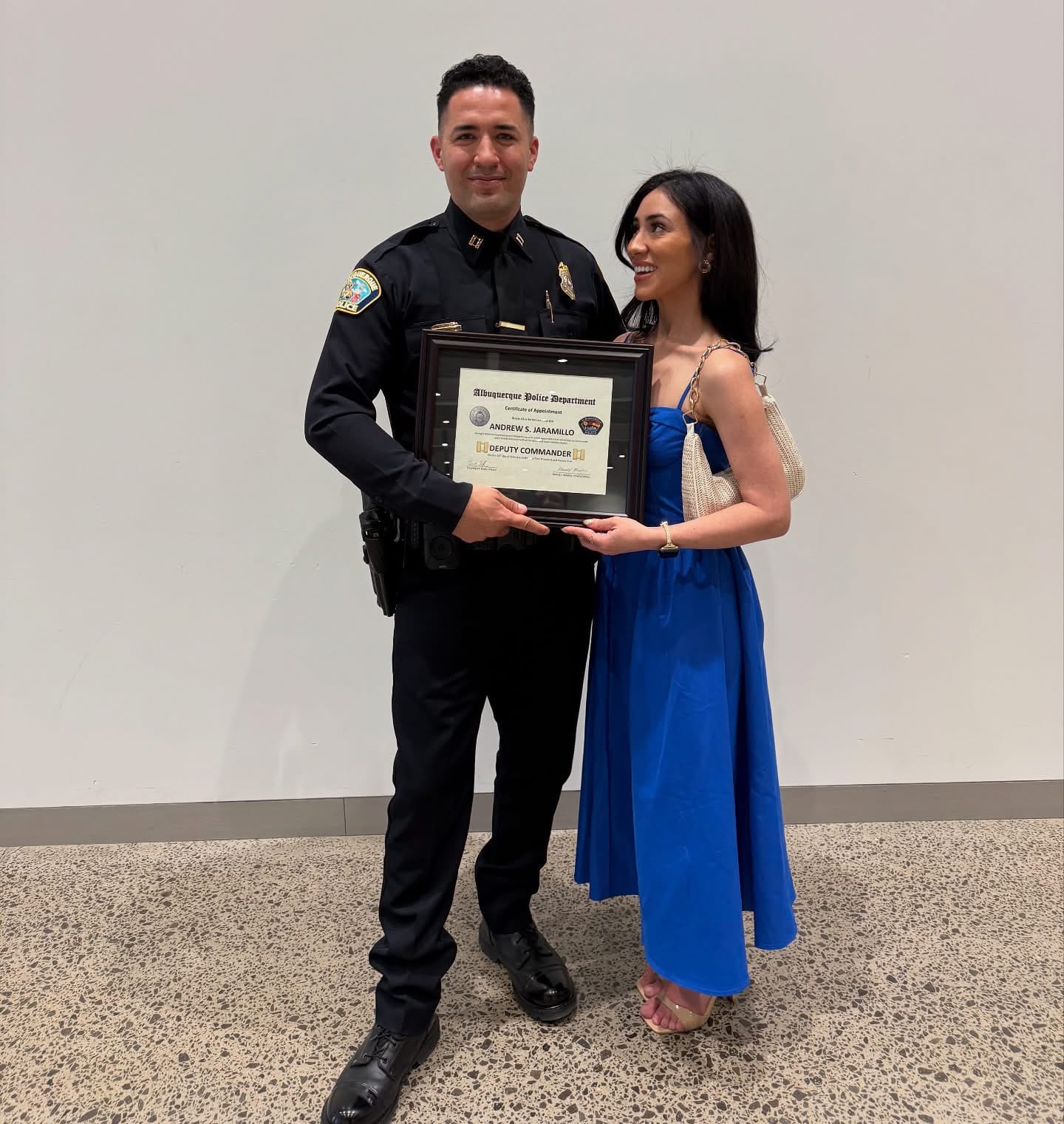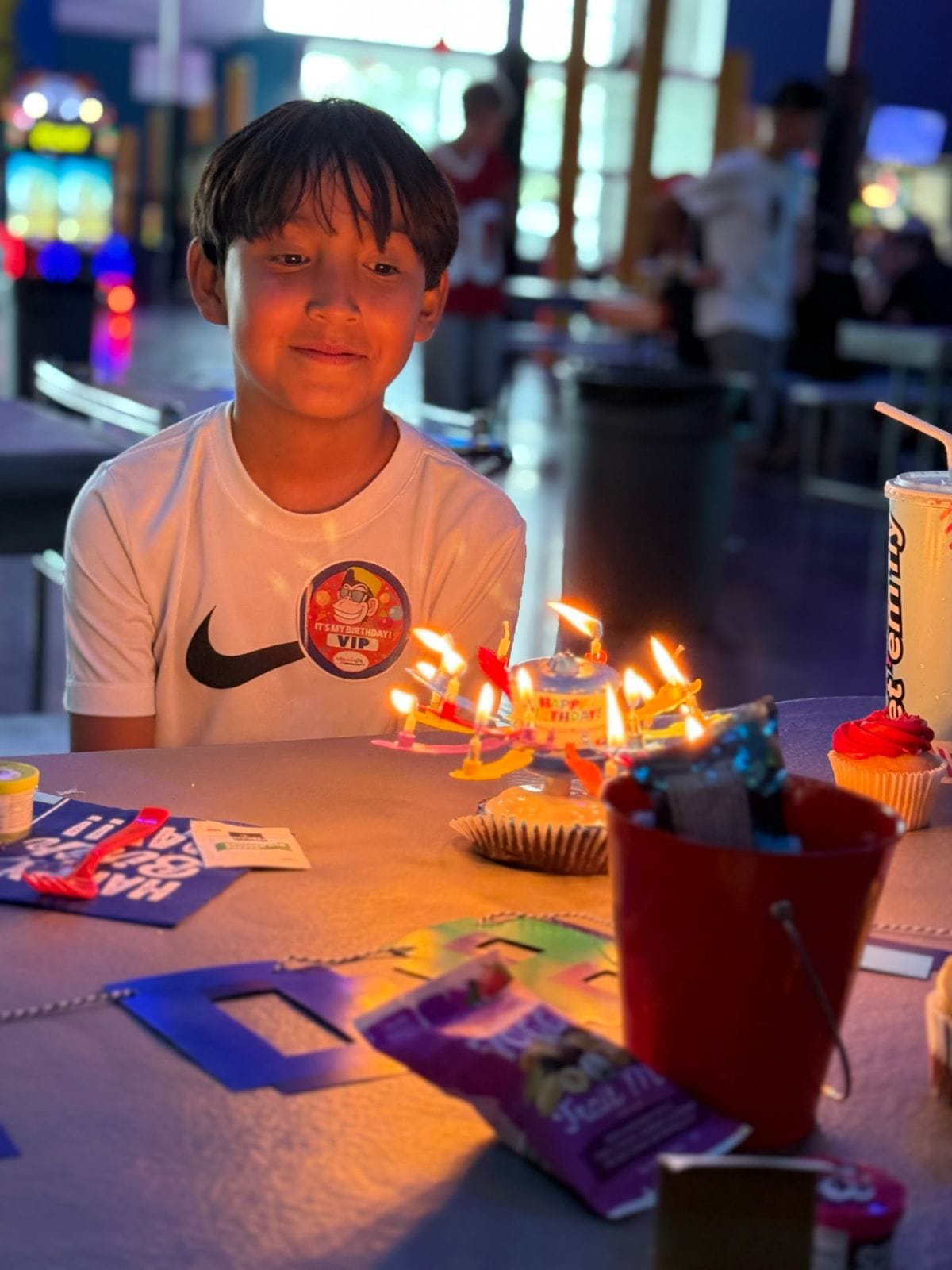From the Director’s Desk: There But for Fortune

By Cathryn McGill, NMBLC Founder & Director
“Show me a prison, show me a jail,
Show me a prisoner whose face has gone pale,
And I'll show you a young man with so many reasons why,
And there but for fortune, may go you or I.”
—Phil Ochs
A Sunday Reminder
It was Sunday. The deadline was here, and the page was blank. My cushy couch on a hot, lazy Sunday afternoon was winning.
I almost stayed home.
But I had promised to show up for a 12-year-old I love like my own. So I dragged myself into Urban Air—kids ziplining overhead, families laughing over pizza—and sat down next to a stranger who ended up giving me exactly what I needed to write.
“That Was Me”
His name was Andrew Jaramillo.
I told him about Isaiah Taylor, the 14-year-old who once sat in our Roots Summer Leadership Academy, a boy we lost too soon. Andrew listened and then said quietly:
“You know… that was me.”
As a child, Andrew was dyslexic. He couldn’t read. Every day he lived with the terror of being exposed, so he turned himself into a mask: the clown, the distraction, the one who caused trouble so no one would see the truth.
He might have been lost forever, except for one man—his principal, Mr. Sanchez—who refused to let him disappear. He opened the school at 6 am and kept it open until 9 pm, giving Andrew a fighting chance.
Andrew graduated without much knowledge, but with something more valuable: he learned how to learn. That skill carried him into the Albuquerque Police Academy, through almost two decades of service, into marriage and fatherhood, into a life that could have gone the other way.
This Sunday, he was just another dad eating pizza. Laughing. Watching his son zipline through the air.
Primordial Prevention
Andrew’s story had a happy ending. Isaiah’s did not.
That fragile line—between fortune and loss, between possibility and tragedy—is what we mean when we talk about primordial prevention. Not reacting after the damage. Not scrambling once the system is already in motion. But changing the conditions that shape a child’s path from the very beginning.

Decades working with children and families has taught me this:
Children must learn to read and learn how to learn. Literacy isn’t just about grades. It’s about dignity. About not shrinking in shame when asked to read. About having the tools to imagine a future.
Children must have a mentor. Not a program. A person. Someone who says: you matter. You belong. I see you. Sawubona!
These aren’t extras. They are the bedrock. They are survival.
The Question We Can’t Escape
This isn’t about blame. Blame is cheap. The question is harder: What am I doing to keep another child from the system or the grave?
Because here’s the truth: Andrew was almost Isaiah. Isaiah could have been Andrew.
And there but for fortune—go our children.
The good news? Fortune isn’t fate. It’s us.
These stories of tragedy and fortune? No matter the origin, you and me—we write the ending. …
